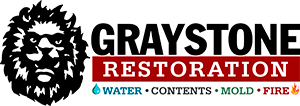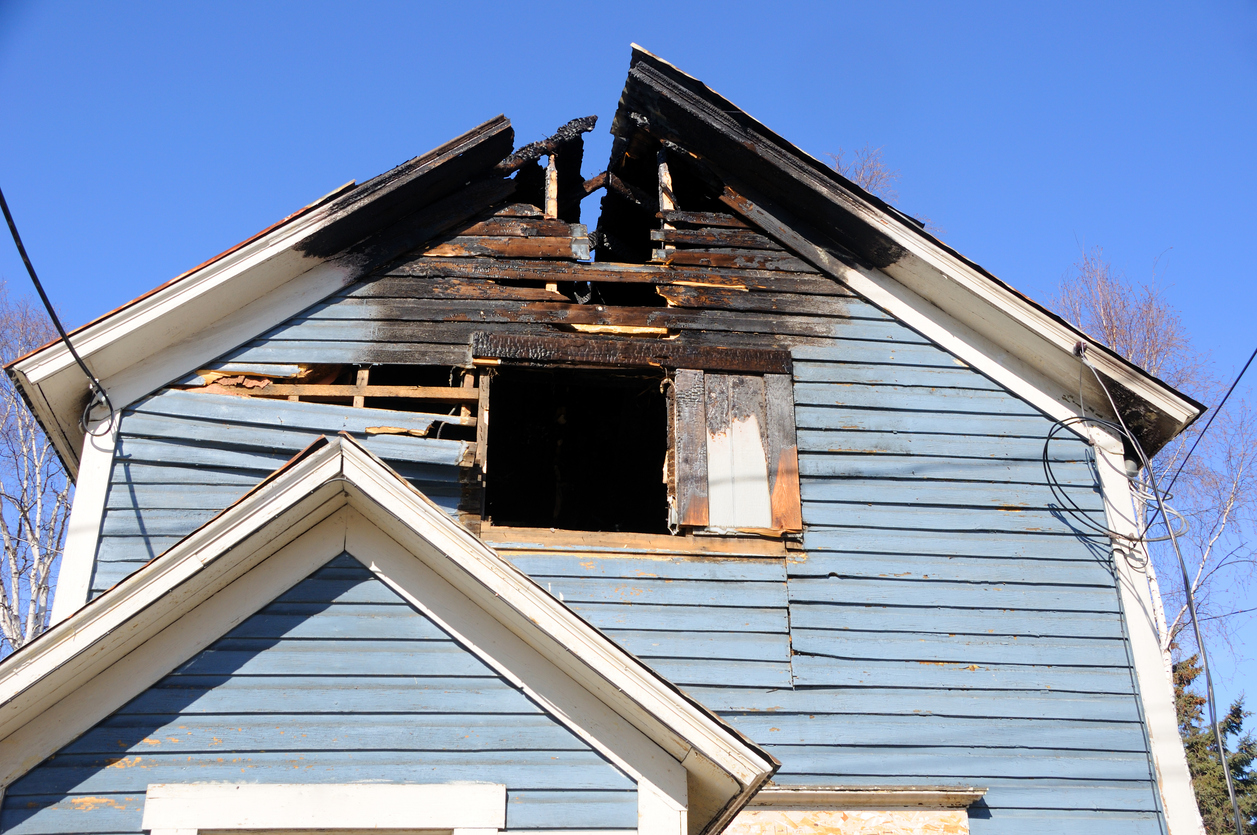Understanding the fire damage restoration process can ease the stress and uncertainty after a fire. Whether it occurs at your home or business, fire can cause extensive destruction that extends beyond what the flames consume. You must address smoke and soot residue as well as water damage from firefighting efforts.
In Florida, the dry season from late fall through spring can heighten the risk of residential and commercial fires due to lower humidity and occasional windy conditions. Knowing what steps to take after a fire can help you act quickly and reduce long-term damage.
Below is a step-by-step overview of the fire damage restoration process so you know what to expect and can navigate this challenging time with confidence.
1. Immediate Response and Assessment
The process begins with a rapid response from the restoration team. Acting quickly is essential because soot, smoke, and water can worsen damage if not addressed immediately. Once the property is safe to enter, the team conducts a thorough inspection to evaluate structural integrity, smoke penetration, and water intrusion.
2. Securing the Property
To protect the property from weather exposure or unauthorized entry, the restoration team performs emergency board-up and roof tarping. This includes sealing broken windows, damaged doors, and compromised roofs to secure the structure while work is underway.
3. Water Removal and Drying
Water from firefighting efforts can lead to mold growth and weaken building materials. Using industrial-grade extractors, air movers, and dehumidifiers, the team removes standing water and thoroughly dries affected areas to prevent secondary damage.
4. Smoke and Soot Removal
Smoke and soot can travel far beyond the fire’s origin, leaving lingering odors and residue. Specialized cleaning methods are used to remove soot from walls, ceilings, floors, and personal belongings. Air filtration systems help restore healthy indoor air quality.
5. Personal Belongings and Contents Restoration
Salvageable items are packed out and cleaned using advanced methods such as ultrasonic cleaning. This process can restore a wide range of possessions, from electronics to sentimental keepsakes, depending on the extent of damage.
6. Structural Repairs and Reconstruction
The final phase includes repairing or rebuilding damaged areas. This may involve repainting, replacing flooring, or performing complete structural reconstruction. The objective is to return your property to its pre-loss condition, or better.
Choosing the Right Fire Damage Restoration Company
Hiring an experienced and certified restoration company ensures that the process is completed efficiently and to industry standards. Look for an IICRC-certified provider capable of managing every stage, from emergency response to full reconstruction.
Get Professional Fire Damage Restoration Help Today
If you have experienced fire damage in Tampa, FL, Graystone Restoration is here to help 24/7. From securing your property to the final reconstruction, we handle every step with care, professionalism, and expertise. Call Graystone Restoration at (813) 931-1680 or fill out our online form to begin your path to recovery today.

